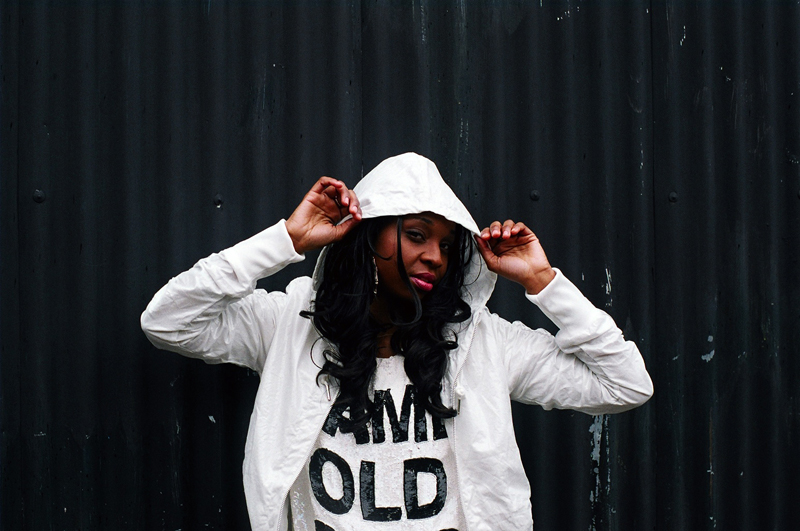Moving to Leeds almost two years ago has provided plenty of opportunities to involve myself the city’s thriving music scene. Perhaps one of the most iconic parts of this scene is the famous Subdub and Iration Steppas. Countless iconic dubstep DJs have neighboured this bone-rattling sound system in the second room of the West Indian Centre. Mala’s label, Deep Medi Musik, often have a night playing through Iration Steppas during Subdub weekenders, bringing this music to life.
Having become enamoured with that skull-shattering bass, the driving beat and its flourishing dub influence, all I have to ask is, where are the women in 140? Reading back through Deep Medi’s releases, finding a record from female producer is a difficult feat. A/T/O/S are one of the most recent releases on the label and one half of the duo is the only woman I could find, and even then she fits into the ‘female vocalist’ paradigm that is rife in many genres. It would be very easy to write a list of the questionable speculations that anyone ranging from James Blake to Ikonika have spouted about why dubstep may not appeal to women, but frankly, that doesn’t help answer my question.
To really understand the massive gender imbalance in this genre, we need to move past musical aesthetics and look at its historical and social context. Dubstep came together as a crossover between dub and garage/2-step influences. Dub itself stemmed from reggae, but with a darker, more brooding sound, carrying with it strong political themes such as the racist policing of black men. This, of course, specifically appealed to men, so when dubstep emerged decades later this scene was already massively male-dominated.
Grime MCs play a big part in dubstep music today and there’s a significant crossover in style as the two genres develop side by side. Riko Dan, Killa P and Flowdan are just a few of the names that often appear as features or as MCs at big dubstep nights. The absence of women continues, though with a constant domination of the male narrative.
Rasheeda Page-Muir recently recently led an extremely insightful talk about the overlap of feminism and grime. She explained how grime works as an honest outlet for men, which counteracts the issues men have faced regarding suicide rates and how they learn to not speak out about their emotions. She uses the example of ‘Letter to Krept’ by Cadet, which is filled with heartfelt lyricism about the growing distance he feels from his cousin.
However, even though it is incredibly important to make a space for men to openly and honestly express themselves, can a genre be feminist when there is such a dominance of one kind of narrative? Where is the space for women?
I asked Rasheeda why she thought there was such a gender imbalance in grime, and she explained how women are generally required to fit into a specific mold to satisfy the stereotype of a female rapper whereas men have the freedom to occupy various narratives. Women also aren’t socialised to express themselves in the same aggressive way that grime often facilitates. However, it does seem that there is room for women to come into their own in grime, and it has the potential to provide a voice for black British and working class women. Let’s not pretend that Lady Chann’s verse on ‘Topper Top’ wasn’t the highlight of the song.
On a larger scale, however, there is a small number of women involved in the technical side of both dubstep and grime. Skills like DJing and producing are often shared amongst closed (and often male-dominated) social circles. Many girls who have the potential to get actively involved in dubstep, or any kind of electronic music, are hindered by the fact that they can’t access the social groups where skills and interest in the music flourishes.
The problem is that there is no easy solution to this. Even to start, there’s no way of forcing women to start liking a particular genre, especially in regards to dubstep. The only real way to counteract this gender imbalance is for women to build their own communities on a local level, supporting and teaching each other. Collectives in Leeds like Slut Drop have opened up opportunities for girls to start DJing and exploring electronic music on a new level. Realistically, it will take a long time for this gap to close, but it is only through the open community of local music scenes that more women can be welcomed into 140.
Isobel Moloney
(Image: Barry Gruff)

